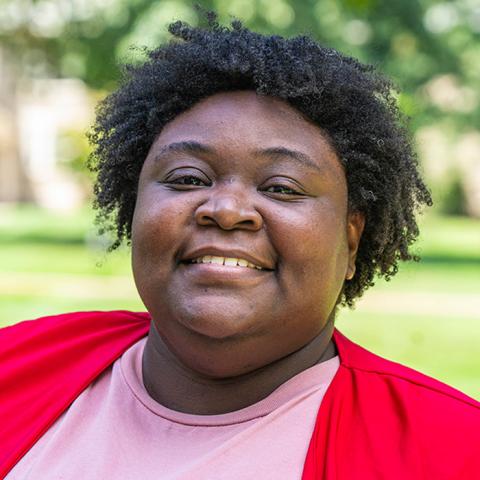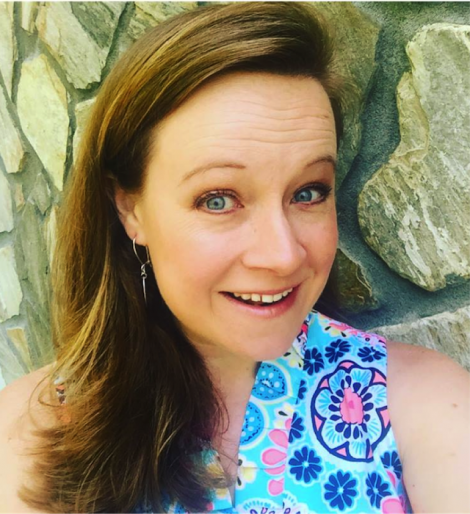2023 Grading Conference Keynote Speakers
Dr. Theresa Gaines
Not Ungrading: Alternative Assessment Features to Transform Traditionally Graded Classrooms
The most meaningful and transformative experience in my approach to teaching was through ungrading my organic chemistry course in 2021-2022. But upon realizing how little time I had to prepare after moving across the country to start a new position and teach a new set of courses, deciding whether or not to stick with a traditional system was difficult--but ultimately I chose to not grade alternatively as the best option over a haphazard, strained implementation. While I was worried about losing the classroom atmosphere I had in my ungraded classrooms, I understood there's more than one way to create the classroom environment I aspired to have. When limited by preparation time, regulations (institutional or departmental) or other restraints, how can we incorporate features of alternative assessment practices to transform classroom environments in meaningful, equitable and liberatory ways? How do you still continue the work of resisting traditional systems while operating inside one? Here, I want to share my journey back into a traditional grading system, how I took pieces of what I loved about ungrading to shape the classroom environment, and strategies to help you find out ways to do similar work at your home institutions.

Theresa Gaines (Gath) is an assistant professor at Haverford College in the Chemistry department. They received their Ph.D in Organic Chemistry from Georgia State University. Their research interests include making libraries of novel molecules to probe at the relationship between their structure and activity to create potential drug candidates for target proteins.
Gath is leading a research project on creating and assessing chemistry card games for classroom and individual use as active learning tools. Outside of research, Gath enjoys spending time with their dog, Hamilton, and making fermented foodstuffs like kimchi, miso, and cheese.
Dr. Lindsay Masland
Grading Should Feel Good and Other Disobedient Ideas
Higher education has had quite the love affair with productivity, efficiency, and quantifiability. At an earlier point in my own development as a teacher, I'll admit to being seduced by "if it can't be measured, it can't be improved." After interrogating my assessment, evaluation, and grading practices, though, I'm not so sure I believe in that maxim, nor am I committed to the idea that my role as a teacher is to "improve" much of anything. In this talk, I'll present several disobedient ideas that challenge hegemonic assumptions that surround grading practices. I'll invite participants to consider how pedagogical values, teacher identity, and instructional context interact to both afford and constrain the grading choices that are available to each of us, and I will advocate for acts of pedagogical micro-resistance as “counter-friction to stop the machine."

Lindsay Masland is the Lead of Transformative Teaching and Learning in the Center for Teaching and Learning for Student Success at Appalachian State University, where she develops and implements programming designed to support teachers in higher ed.
She also is an Associate Professor affiliated with the undergraduate Psychology department and the graduate School Psychology MA/SSP degree program at App State, where she teaches courses in statistics, educational psychology, and pedagogy. Lindsay serves as consulting editor for two journals that focus on teaching in higher ed — Teaching of Psychology and the Scholarship of Teaching and Learning in Psychology. She has received several teaching awards —a university-wide teaching award (the Appalachian State University Excellence in Teaching award) and an STP teaching award (the Jane S. Halonen Teaching Excellence Award for Early Career Psychologists). Lindsay holds a BA and MA in experimental psychology from Wake Forest University and a Ph.D. in Educational Psychology with a concentration in Statistics from the University of Georgia. When she's not busy spouting the good news about transformative, inclusive teaching, she can be found performing musical theatre, baking needlessly elaborate cakes, and spending time with her husband, her two children, and her dog.
